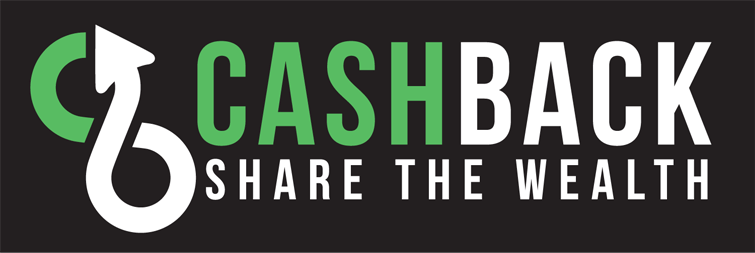
| Back to News |
|
Has social networking peaked?
|
|
September 1st 2011 - Before there was Facebook, Myspace dominated the social networking landscape but ultimately lost its title. Before Myspace it was Friendster; before that, chat rooms were the social gathering place for netizens. Now that Google has entered the fray, is this the sign of the times that social networking has peaked? Let’s consider the trajectory which has brought us to where we are today. Internet chat rooms provided the opportunity for people with similar interests to converse in real-time online. These chat rooms were typically hosted by ISPs or content providers and advertising was discretely embedded into the browser in an attempt to connect with potential consumers based on the singular topical interest of the chat room. If you entered a weight loss support chat room, the ads would undoubtedly include products and services aimed towards those seeking to lose weight. Pretty simple and effective. The only problem is that chat rooms had very little in the way of ‘hooks’ to keep people coming back. Unless you developed a kinship with others who frequented the same chat room, there were a multitude of other chat rooms offered by competing hosts and in this game the hosts make their money by boasting to advertisers of the number of site visitors they host and how frequently they return. The technology also was limited to real-time, meaning that if you were in a chat room alone because no one else was in the same interest group at the same time, you would quickly leave. The social networking concept emerged because although it was not real-time it allowed for more dynamic connectivity on more than a single shared topic of interest. There have actually been numerous earlier social networking sites but of course the site itself somewhat categorized interest and therefore the users were ‘pre-screened’ based on their interest in the dominant topic. If I’m not a fan of art then I’m unlikely to even join an art lovers’ social networking site. Again, the advertising was generally easy to drive into the site because at least one relevant shared factor was known. Friendster and later Myspace seemed to break out this mold in order to attract a wider variety of users. After entering some personal interests, users could connect with other users having similar interests and the site could even suggest connections based upon shared interests or geography. The one hurdle this created was how to effectively sponsor appropriate advertising to a given user. I believe this was Myspace’s demise because the advertising was both irrelevant and it became so pervasive that it eroded the online experience. I am speaking from personal experience however. Facebook swooped in and undermined Myspace by learning from several of Myspace’s mistakes. First, advertising is again discrete as it was in chat rooms but it is also relevant. This is where Facebook’s strength lies – its ability to harvest personal information (which was volunteered of course, not coerced) and use that to drive relevant advertising to the individual user. When I glance over at the ads Facebook offers me, it is based upon information I entered about my location, my interests or my friends. I see a lot of ads for Jeep accessories because I own a Jeep and post periodically about my Jeep adventures. Facebook also suggests friends because they are geographically close to me and share my interest in Jeeps. As I have more Jeep friends, we may share friends and these get suggested as well. This is a quantum leap over the approach used during the chat room era. So what does this mean to Facebook as Google enters the social networking game? This is not Google’s first attempt at developing a social networking site but none have enjoyed the success Facebook enjoys. Google’s strength has always been parsing data and delivering relevant results, which is how Google has dominated the search engine sector of the internet. By leveraging that positional strength, Google can deliver advertising accuracy at least as successfully as Facebook has. The challenge will be providing the user interface and experience that will also rival Facebook without crossing any copyright infringement boundaries. Adding more players to the social networking game will only reduce each one’s opportunity for increasing market share. The real game changer will be the company that introduces the technological successor to social networking. |
8001 Woodland Dr., Indianapolis, IN 46278 info@gohelios.com
Helios, LLC is a division of New Sunshine, LLC. Copyright © 2026. All Rights Reserved. indianapolis web design by: imavex


